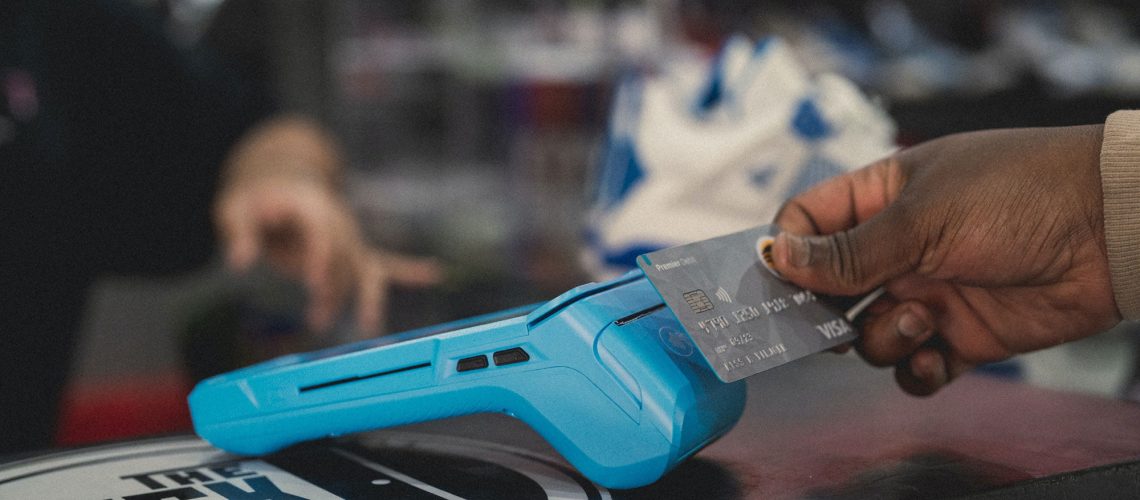
In this article, we’ll discuss the basics of card payments for small businesses, including how they work, the benefits of accepting them, and how to choose a card payment processor that’s right for your business.
.
Before we dive into the benefits of accepting card payments, it’s essential to understand how they work. Card payments are electronic payments that allow customers to pay for goods or services using a debit or credit card. When a customer makes a payment using a card, the payment is processed through either a Merchant Account, Virtual Terminal or Payment Gateway. Then, the funds are transferred from the customer’s account to the business’s.
There are several benefits to accepting card payments for small businesses, including:
Choosing a card payment processor is an essential decision for small businesses. There are several factors to consider, including:
Both devices are used for processing credit and debit card payments at point-of-sale. We have written an article that will dive into the differences between card machines and card readers and help you understand which device best suits your needs.
You have two options: purchase a card machine/card reader or rent it through your merchant account provider as part of your contract.
The most affordable card readers are app-based and connect to your smartphone or tablet.
For card machines, renting a terminal may be a better choice. You’ll enter into a contract (usually 12 months ) and typically pay a monthly fee for the contract duration. One of our offers is £13.50 per month.
When deciding on the best way to process card payments, it’s essential to factor in any additional fees you may be charged on top of the cost of the payment machine. Doing so will give you a clearer understanding of your monthly expenses and help you compare options more easily.
We offer free consultations and customer service, so you can count on us as your partner rather than just a service provider. Our team of payment experts provide solutions for your business. So whether you’re just getting started or looking to streamline, we’ll take the guesswork out of card payment processing.
We work hard to find the best card machine deals, so you don’t have to.


As a Merchant Service Provider located in Nottingham, we pride ourselves on taking a unique approach. We offer something that many providers shy away from: a clear and transparent selection process that’s upfront and honest.
Suite 14
Arnold Business Centre
Brookfield Road
Arnold
Nottingham
NG5 7ER.
0333 0903540